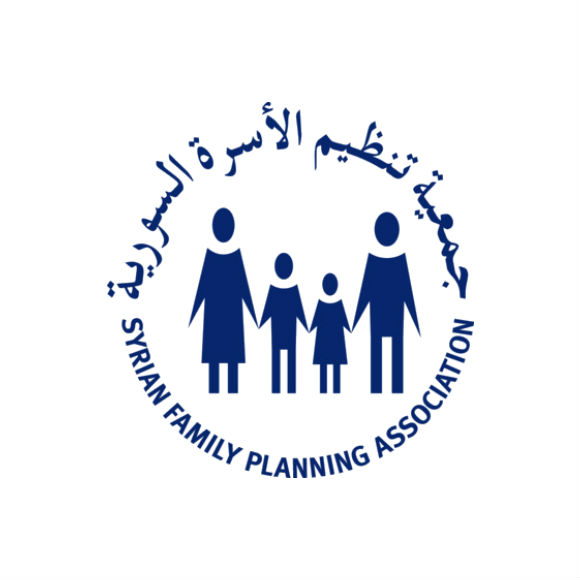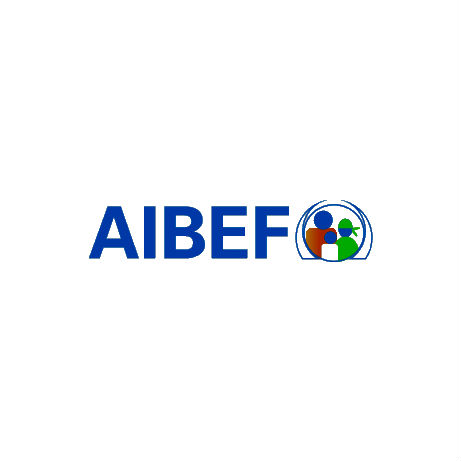

| 31 March 2016
Syrian Family Planning Association
The Syrian Family Planning Association was created at 1974. SFPA's strategic framework for the period 2016-2022 includes: Our vision: Syrian society enjoys sexual and reproductive health and rights based on free choices without any discrimination. Our mission: To lead a locally owned, globally connected civil society movement that provides and enables services and champions sexual and reproductive health and rights for all especially undeserved. Our values: Social inclusion, commitment, diversity, respect, passion, volunteerism, accountability. To achieve the mission and vision the Syrian Family Planning strategic framework have the number of 4 outcomes each one includes 2 priority objectives as following: Outcome 1: The government respects, protects and activates sexual and reproductive rights and equal gender opportunities. Gaining support of decision-makers, opinion leaders and parliamentarians obligation to carry out the necessary amendments in legislation, policies and practices. Empowerment of youth and women's leaders and their engagement as advocates for change. Outcome 2: 2,300,000 people have free choices regarding their sexual and reproductive health and rights and protected from gender based violence. Enable young people to access comprehensive sexual education. Raising community awareness through engagement of champions, opinion formers and the media to promote health, choice and rights. Outcome 3: 24.5 million quality integrated sexual and reproductive health services delivered, particularly in humanitarian cases. Deliver integrated package of sexual and reproductive health services, especially in humanitarian cases. Enable sexual and reproductive health services among partners, particularly in humanitarian cases. Outcome 4: A high performing, united, committed and accountable association. Enhance operational effectiveness and double income at the national level. Enhance our volunteer and activist supporter base. SFPA branches distributed all over Syria in 13 governorates (Syria have 14 governorate, AlRaqa still out of the government control). SFPA is running several projects related sexual reproductive health, focusing on maternal and child health, during the crisis SFPA expand its services delivery points and do integration for gender base violence counselling services in all its health services using psychosocial support, and case manager. The SFPA Services delivery points at the 13th governorates are as following: 43 paediatric static clinics. 29 mobile team paediatricians. 14 mobile teams for malnutrition screening. 38 RH static clinics. 25 medical RH mobile teams. 1 obstetric and delivery hospital. 1 mammogram. 18 women and girls safe spaces /WGSS/. 24 PSS mobile teams supporting WGSS. 12 youth centers. The framework of SFPA activities focus on the following fields: SRH, Sexual reproductive health. GBV, gender base violence. Child health. Malnutrition prevention for pregnant woman and children under 5. Number of SFPA volunteers around 650, number of SFPA employees around 980.

| 31 March 2016
Association Ivoirienne pour le Bien-Etre Familial
The population of the Ivory Coast suffers from a litany of sexual and reproductive health (SRH) problems common to many countries on the continent: frighteningly high rates of maternal death, early pregnancies, child mortality and HIV prevalence, coupled with very low rates of contraceptive use. Additionally, instances of female genital mutilation (FGM) are frequent and the SRH and psychological repercussions that the practice presents are severe. The Association Ivoirienne pour le Bien-Etre Familial (AIBEF) was founded in 1979. It works closely with the National Population Bureau in the planning and implementation of the National Population Policy and the National Youth Policy. The government and legislators have called on the organization for advice and counsel because it is the one of the most experienced organizations in the field and has unparalleled expertise drawn from ground level experience. To complement and expand its scope, AIBEF partners with a number of non-governmental organizations (NGOs) including the Futures Group, Pathfinder International, the Population Council, John Hopkins University, John Snow International, Columbia University and Family Health International. Major donors include the European Union, IPPF’s Japan Trust Fund, The Global Fund Against TB and Malaria, Alliance International and the World Bank. Additionally, it partners with Collectif des ONG de Lutte contre le Sida en Côte d’Ivoire and RIOF – national networks whose primary objective is to increase SRH capacity.







